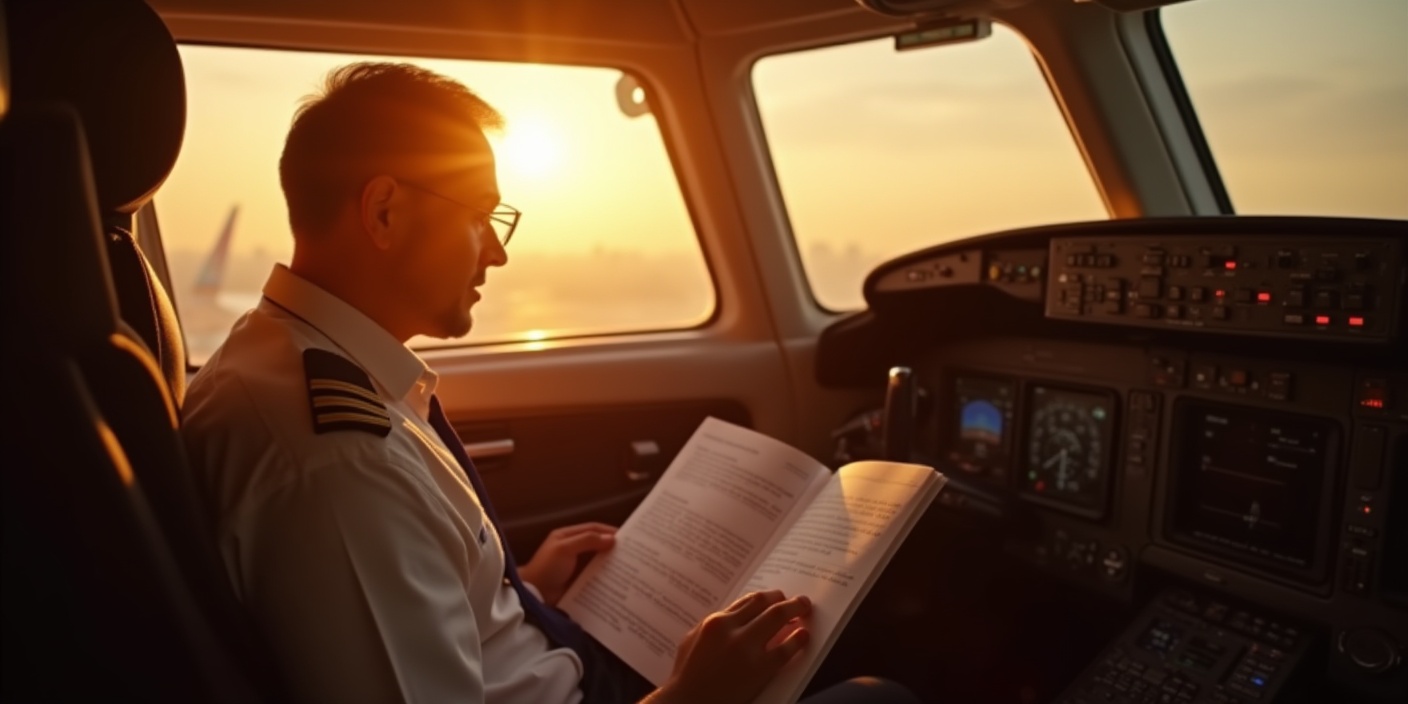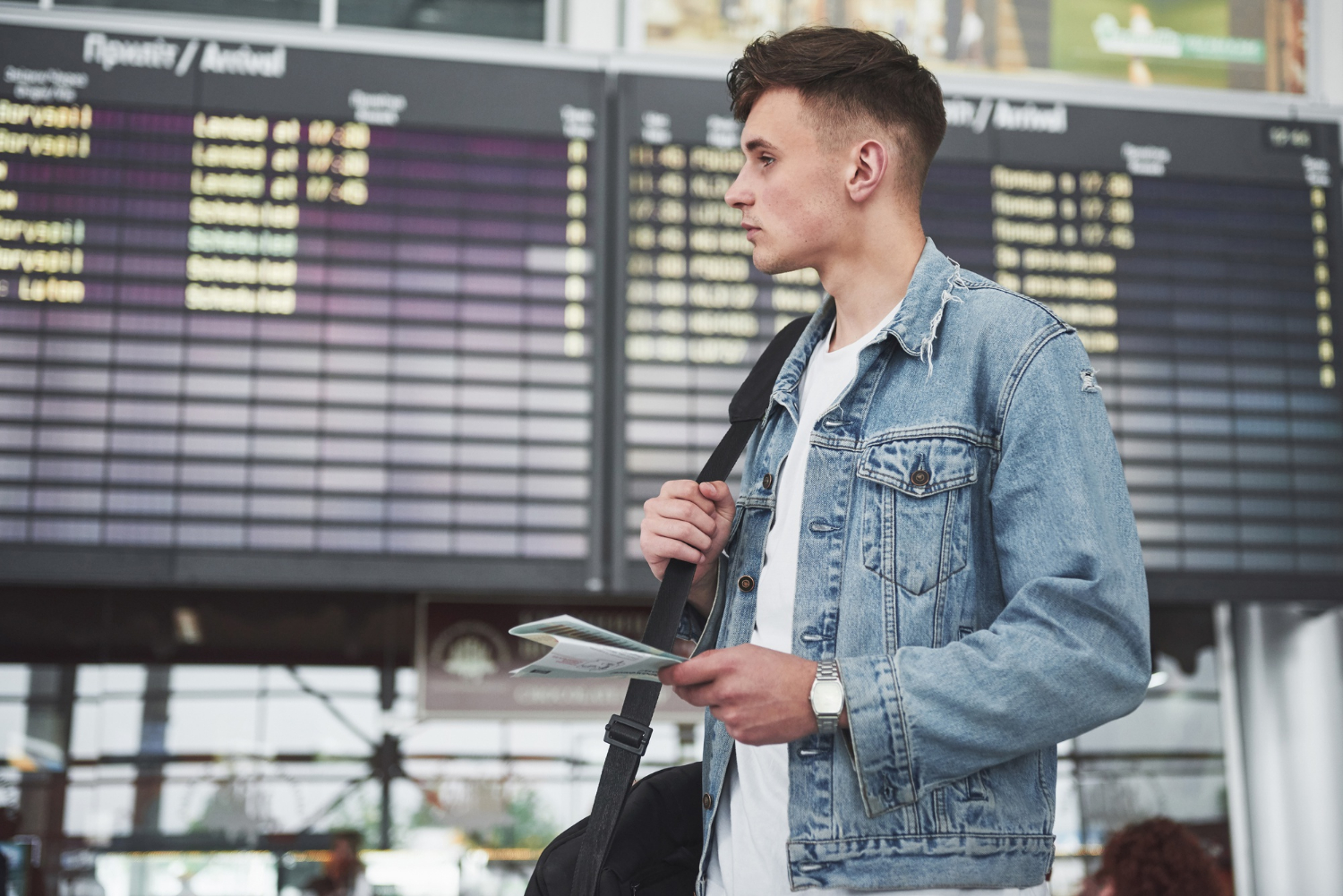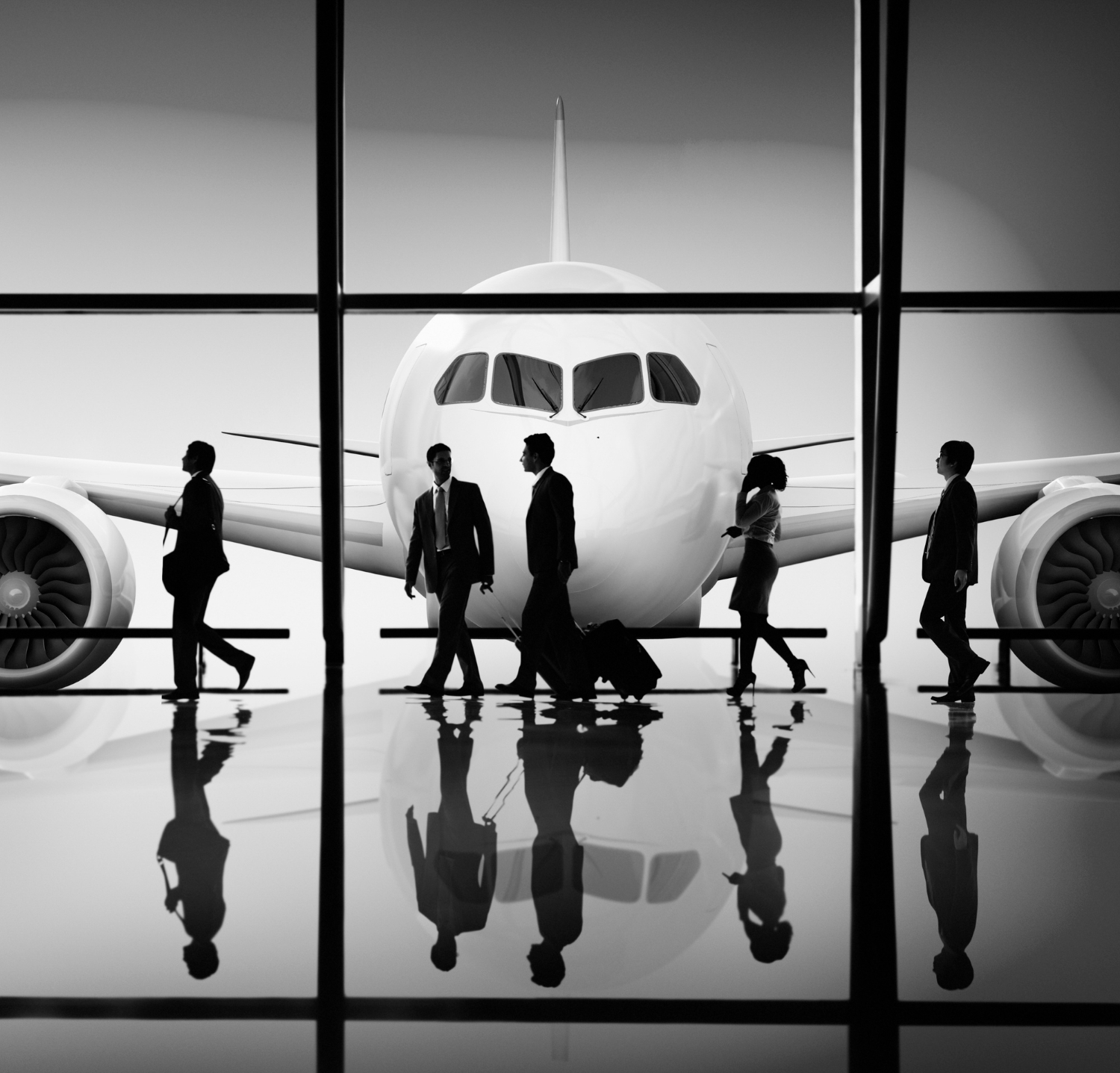
The job of the pilot may seem glamorous at the outset, but it is not the case when you dig deep into it. There is a lot of discussion regarding the duty hours of the pilot. There are numerous deliberations about the fact that pilots are unable to get sufficient rest during duty hours, and in response, certain amendments have been made to the regulations regarding the total flight hours of pilots in India. This is done to ensure that pilots get adequate rest and remain fresh throughout the week.
This blog will discuss the implementation of new rules regarding the maximum duty hours for pilots in India, as well as other related topics.

The DGCA has announced the implementation of revised duty hour norms for pilots in a phased manner, beginning from 1st July 2025. These changes in the regulations aim to promote pilot well-being and alleviate concerns over fatigue, while other provisions will take effect on November 1. The aviation industry operates 24/7; therefore, there is significant pressure on pilots to work nights, weekends, and holidays. To address these challenges, the DGCA’s revised Civil Aviation Requirements on limitations of flight duty times aim to offer longer rest periods and levy additional restrictions on flight hours to prevent fatigue.

Taking into account the revised norms, a maximum of 168 hours can pass between two consecutive weekly rest periods. The weekly rest period will range from 36 to 48 hours, giving pilots sufficient time to recover. Furthermore, rest shall be provided weekly, either at the home base or at a chosen temporary home base.
The revised regulations also levy substantial restrictions on night operations. Night operations should last no more than 8 hours of flight time, and flight duty will be a maximum of 10 hours. Also, the night landing count per duty period will be decreased from 6 to 2.
Following long deliberations, the proposal for a phased implementation of the revised CAR has been concluded. As stated by the DGCA’s counsel, Aishwarya Bhati, there has been an ongoing process of recruitment of CAR. Most new rules will take effect from July 1, 2025, while some provisions needing further review will be obligatory as of November 1, 2025.

Pilots moved petitions challenging the new flight duty time restrictions. Earlier, pilot associations had agreed to accept CAR 2024 conditionally, stating that its application would address key issues of fatigue and work-life balance.
Pilot fatigue has been a significant concern in the aviation sector, with research demonstrating that prolonged duty periods and irregular rest patterns have a profound impact on the alertness of pilots. A study by the Safety Matters Foundation polled 530 pilots and found that over 70% of respondents stated feeling reduced alertness because of lengthy flight duty periods of more than 10 hours. Non-standard rosters and short rest periods were the major contributors to fatigue.

Sharda Prasad, Former Commissioner of Civil Aviation Security, welcomes this decision, as he believes it will improve competence within the system. While it may increase operational costs for airlines, they should comply with industry standards. Airlines should focus on their core operations instead of pursuing unnecessary diversification. “A notable example is Pakistan International Airlines, where disproportionate workforce allocation, for example, paying non-essential staff at high wages, has led to an employee-to-aircraft ratio of about 500. Air India also has a high ratio of close to 260, while IndiGo has a much leaner workforce at a little below 100, aligning closely with the global industry standard of about 120.”

The issue of pilot fatigue came into the limelight again when an Indigo flight from Bengaluru to Pune was delayed by 5 hours on 24th September, 2024. The flight was delayed because the pilot refused to make the flight due to the fact that his duty hour limits had been reached. The incident, featured on social media, brought the requirement to follow flight duty time rules for safety purposes into the limelight. Passengers were displeased with the airline's lack of communication. An Aviation expert, Sanjay Lazar, seconded the action of the pilot, pointing out that going beyond duty limits could bring about a penalty by DGCA and jeopardize flight safety.
IndiGo then released a statement to make an apology for the inconvenience and laid the blame on “operational reasons related to flight duty time limitations.”

The new CAR norms will put extra operational pressure on airlines. Although the new regulations will improve pilot productivity and safety, airlines may incur additional costs by hiring extra crew members to meet the duty hour limits.
All over the world, airlines are also compliant with similar duty-hour rules to ensure safety standards. The US FAA and the ESA have also maintained strict regulations on pilot flying hours to prevent fatigue. With the implementation of CAR 2024, India is aligning with worldwide best practices for aviation safety.
It has become quite clear that pilots must work long hours tirelessly, and often, issues related to pilot fatigue arise. But this does not change the fact that a pilot job comes with a good reputation and also a handsome salary package and perks. So, this is every good reason for you to think of becoming a pilot in India. For this, you need to go through a rigorous aviation training, pass a DGCA pilot exam, obtain a commercial pilot license and then apply to a reputed airline to become a commercial pilot or an airline captain.
A good aviation training institute like Flapone Aviation can help you attain all the knowledge and practical training to become a pilot and achieve your dream. So, what are you waiting for? Come to us and be ready to fly high into the sky of countless opportunities.
Connect with our aviation mentors to find the right path toward becoming a licensed aircraft pilot.